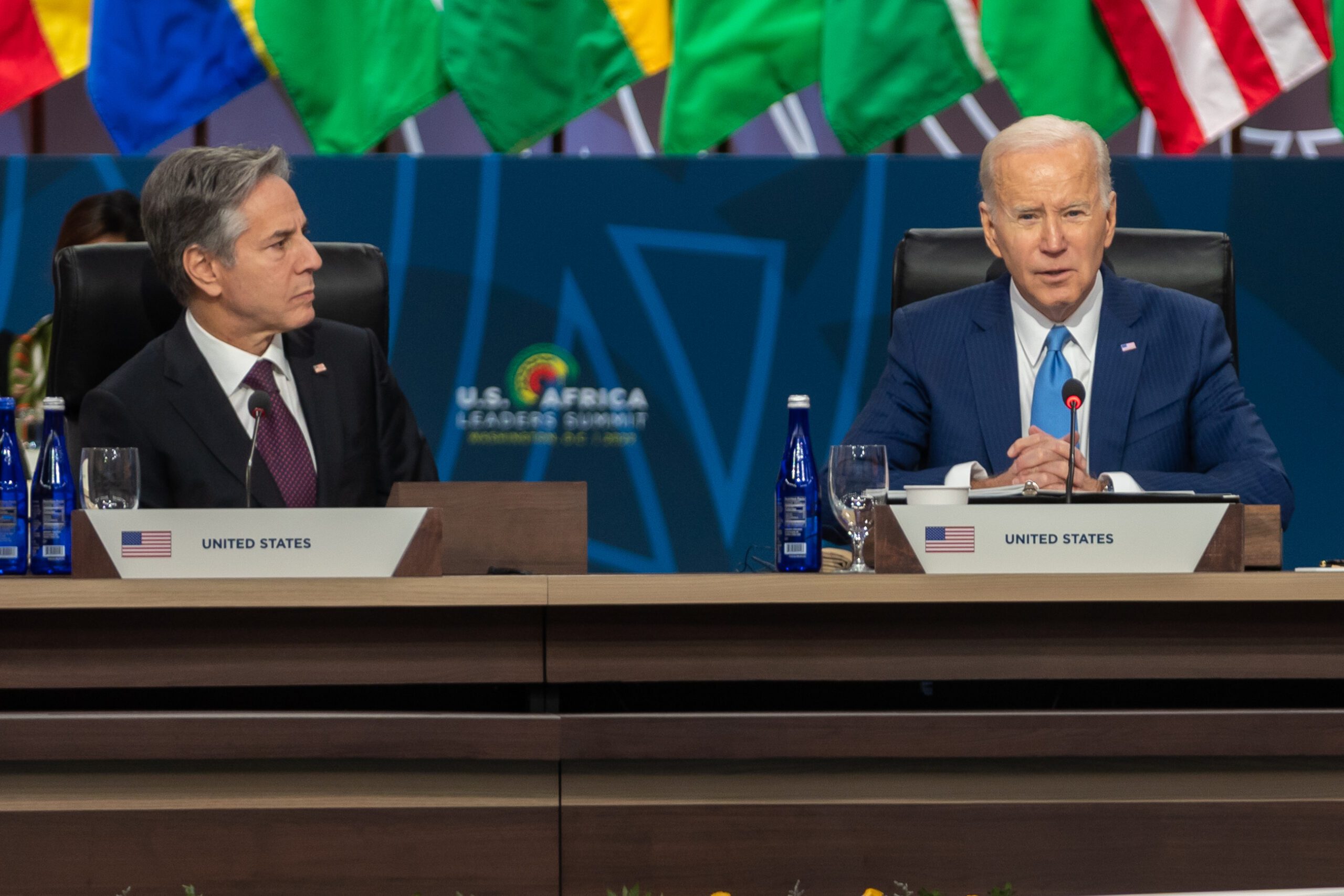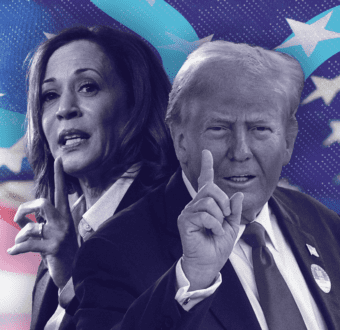The US and its Faux ‘Rules-Based Order’

A recent UN meeting about the Iran nuclear deal showed how Washington doesn’t live up to the standards it’s constantly preaching.
By Assal Rad, Nonresident Fellow
This article appeared in Responsible Statecraft on July 12, 2023.
There was an intense exchange last week between Western parties and Iran and Russia after Ukraine was invited to join a U.N. Security Council meeting on the implementation of resolution 2231 — which endorsed the 2015 Joint Comprehensive Plan of Action (JCPOA).
The U.S., UK and France argued that Iran supplying drones to Russia was a violation of the JCPOA which impacts Ukraine directly, giving it the right to be present. Russia and Iran countered that the decision to include Ukraine was political and inappropriate, given that Ukraine is not a party to the JCPOA.
Whatever the specifics of this debate, it is indicative of a larger problem that plagues the ethos of internationalism. On one hand, Iran’s violations of the nuclear agreement are pertinent to the discussion of resolution 2231. However, Iran’s violations can only be understood in the context of U.S. violations of the deal. After all, it was the U.S. that unilaterally withdrew from the agreement in 2018 and reimposed broad-based sanctions in violation of the JCPOA while Iran was in full compliance.
Yet, if one listens to the rhetoric of the West — even the U.S., which was the original wrongdoer — that context is entirely absent from the discussion.
Despite the fact that President Biden lambasted the Trump administration for the decision to quit the deal and suggested he would return to it during his presidential campaign, the Biden administration has yet to formally return the United States as a party to the agreement. Unlike the Obama administration that compartmentalized the JCPOA talks and focused on the nuclear issue — the same logic that informed arms treaties between the United States and the Soviet Union during the height of the Cold War — the Biden administration has essentially maintained Trump era policies vis-à-vis Iran rather than returning to the policies of the administration he served as vice president.
Read more of Assal’s article in Responsible Statecraft.

Written by Assal Rad
Assal is a nonresident fellow with the Independent America project at the Institute for Global Affairs.
This post is part of Independent America, a research project led out by IGA senior fellow Mark Hannah, which seeks to explore how US foreign policy could better be tailored to new global realities and to the preferences of American voters.





Americans Don’t Want a Wartime President